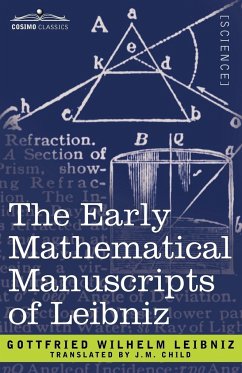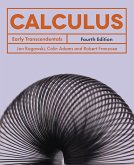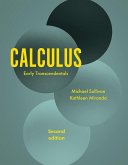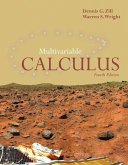The impact of the work of German mathematician GOTTFRIED WILHELM LEIBNIZ (1646-1716) on modern science and technology is all but incalculable, but for starters, his notation for infinitesimal calculus-which he developed independently of Newton-remains in use today, and his invention of binary counting is the basis for modern computing. He was a powerfully influential philosopher as well, and is still considered, alongside Descartes and Spinoza, one of the great 17th-century rationalists. With no complete edition of his numerous writings on the wide range of subjects he expounded upon available even today, this 1920 collection of his early mathematical manuscripts-as well as some third-party commentary on them-continues to be essential to anyone wishing to understand Leibniz's contributions to modern science. Here students of the history of science and math lovers alike will enjoy Leibniz's thoughts on the infinitesimal calculus, including a series of manuscripts from 1675, 1676, and 1677, plus the essays "Leibniz in London" and "Leibniz and Pascal" by German scholar C.I. Gerhardt.
Hinweis: Dieser Artikel kann nur an eine deutsche Lieferadresse ausgeliefert werden.
Hinweis: Dieser Artikel kann nur an eine deutsche Lieferadresse ausgeliefert werden.








